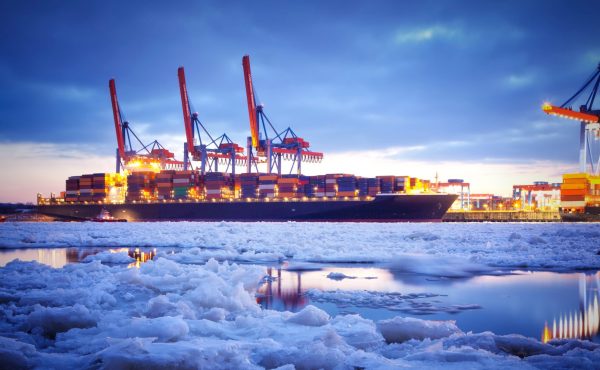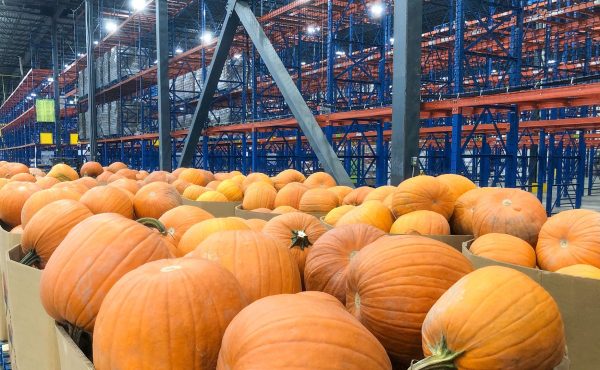The role of Incoterms in the different types of transport
The Incoterms, or International Commercial Terms, are a set of rules established by the International Chamber of Commerce (ICC) that define the responsibilities and obligations of buyers and sellers in international commercial transactions in all types of transport. They are applied to aspects such as packaging and handling, loading, transport, export formalities, cost, and freight, import formalities and unloading at destination.
These terms are essential for avoiding misunderstandings and disputes when determining who is responsible for the costs and risks associated with transporting goods.
They also help in establishing legal certainty and standardization of operations. Depending on the type of transport, land, sea or air, Incoterms serve one set of functions or another:
- For air freight, Incoterms such as EXW, FCA, CPT, CIP, CIP, DDU or DDP apply. For example, the EXW, whereby the seller delivers the goods to his location and the buyer assumes all risks and costs of transport; or the DDP, which defines that the seller is responsible for the costs and risks until the goods arrive at the agreed place, including the import duties of the goods.
- For land transport, which affects transport by road or rail, there are Incoterms such as EXW, FCA, CPT, CIP, CIP, DAF, DDP or DDU. The FCA defines that the seller delivers the goods in a specific place to a carrier, either by truck or train, designated by the buyer. From that moment on, the risk is transferred to the buyer. Meanwhile, another important Incoterm such as the DAF establishes that the seller fulfils their obligation by delivering the goods at the agreed border before customs in the destination country. The seller is responsible for the costs up to that point and for the customs formalities in the country of export, and after crossing the border, the responsibility is transferred to the buyer.
- In relation to maritime transport, it is important to highlight some of the Incoterms mentioned above, as well as certain specific Incoterms such as FOB, FAS, CFR, CIF, DES or DEQ. For example, the FOB determines that the seller delivers the goods on board the designated vessel and, from then on, it is the buyer who is responsible for the costs and risks. Under CIF, the seller, in addition to having to deliver the goods to the ship, must also pay the freight costs to the destination port.

Transport company specializing in Incoterms
Understanding Incoterms is essential for any forwarding operation to be carried out smoothly and effectively. Buyers and sellers must consider regulations and aspects such as packaging and product labelling, as well as international customs requirements.
For many companies looking to import or export, correctly implementing all the bureaucracy and paperwork involved in a freight forwarding operation is a complex task. At Logisber we specialize in the transport of goods by cargo aircraft, container ship, by rail and by road. We help companies to achieve their logistics objectives in a personalized, traceable, safe, and efficient way.
If you would like to receive specialized advice about the management of Incoterms and how to optimize your commercial operations, contact Logisber now, and our team will advise you on how to optimize your transport professionally.
Categorías
Compartir









